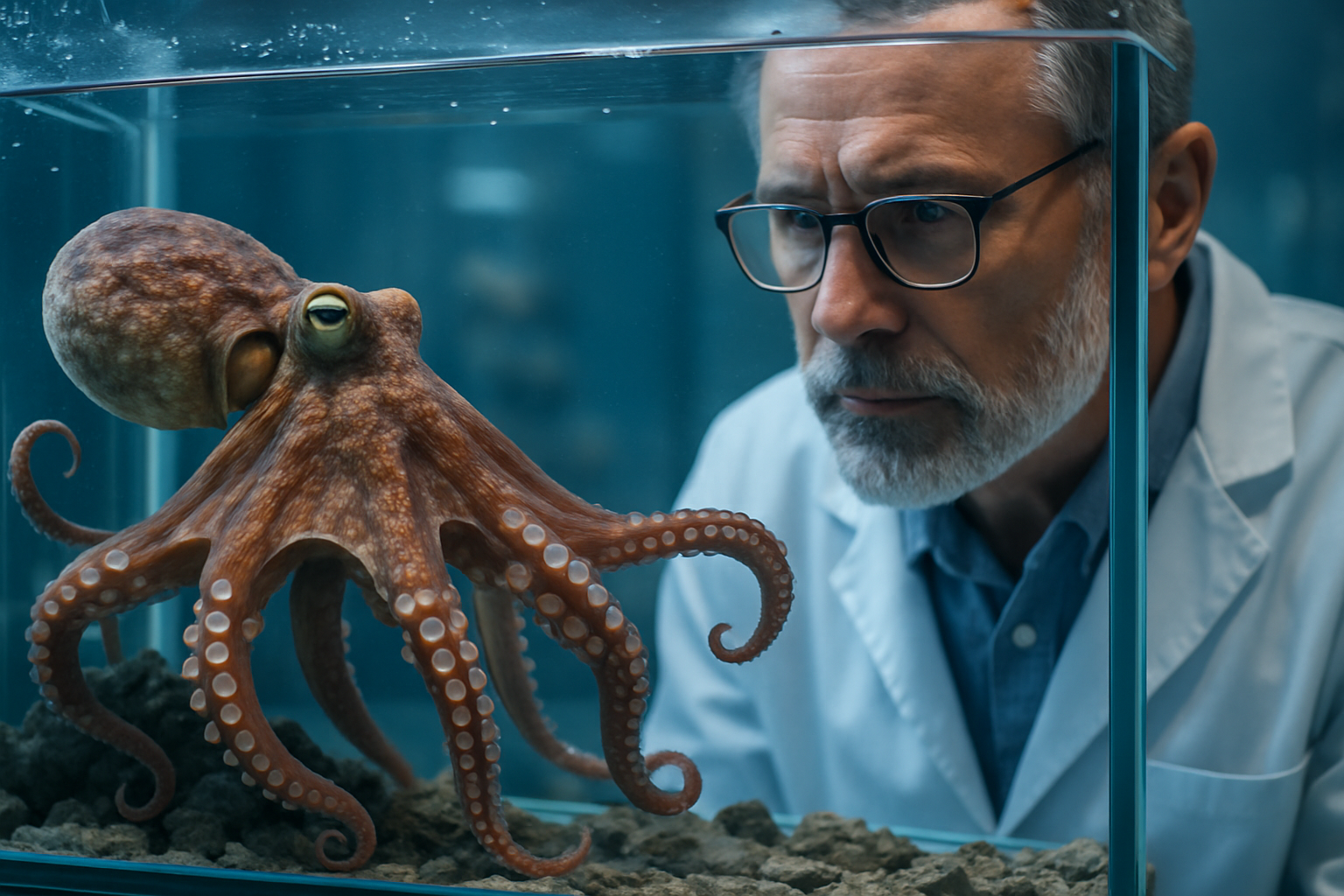The Fascinating World of Octopuses: Unraveling the Secrets of These Sea Creatures
Octopuses are among the most fascinating creatures that roam the depths of the world's oceans. Their intelligence, adaptability, and unique biological features have intrigued scientists and animal lovers alike for centuries. This article delves deep into the mysterious world of these marine animals, shedding light on their history, the latest research findings, and their potential impact on our understanding of animal cognition.

A Glimpse into the Octopus’s Past
The history of octopuses is as fascinating as the creatures themselves. Fossil records indicate that these cephalopods have been around for more than 300 million years, predating even dinosaurs. Unlike most of their mollusk relatives, octopuses have no hard external shell. It is believed that they lost it over time, possibly to increase their mobility and escape predators.
Octopus Intelligence: A Conundrum for Scientists
When we talk about intelligent animals, mammals like dolphins, chimpanzees, or elephants usually come to mind. However, octopuses are surprisingly intelligent, despite their evolutionary path being significantly different from ours. They can solve puzzles, use tools, and even escape from their enclosures—skills usually associated with vertebrates.
Recent studies have shown that octopuses are capable of RNA editing, which allows them to alter the genetic information in their cells’ nucleus. This unique ability could explain their complex behavior and rapid adaptability to changes in the environment.
The Camouflage Masters
Octopuses are renowned for their ability to change color and texture, blending seamlessly with their surroundings to hide from predators or to sneak up on prey. They achieve this through specialized cells in their skin called chromatophores. Each of these cells contains pigments and can expand or contract to display different colors.
The Blue Blood and Three Hearts of Octopuses
In a departure from most animal species, octopuses have three hearts and blue blood. Two of their hearts pump blood to the gills, while the third circulates it to the rest of the body. When an octopus swims, its third heart stops beating, which may explain why these creatures prefer to crawl. Their blood is blue because it uses copper-rich hemocyanin for oxygen transport, unlike the iron-rich hemoglobin in humans.
The Future of Octopus Studies
The study of octopuses is not just about understanding the creatures themselves. It also has essential implications for various scientific fields, including neurobiology, robotics, and artificial intelligence. For instance, the octopus’s ability to control each of its arms independently can inspire the design of advanced robotic systems.
In conclusion, the world of octopuses is a source of endless fascination. As we continue to delve deeper into their unique abilities and characteristics, we are likely to uncover even more surprises about these incredible creatures. Their peculiarities offer a fresh perspective on animal intelligence and a wealth of inspiration for future technological advancements.






